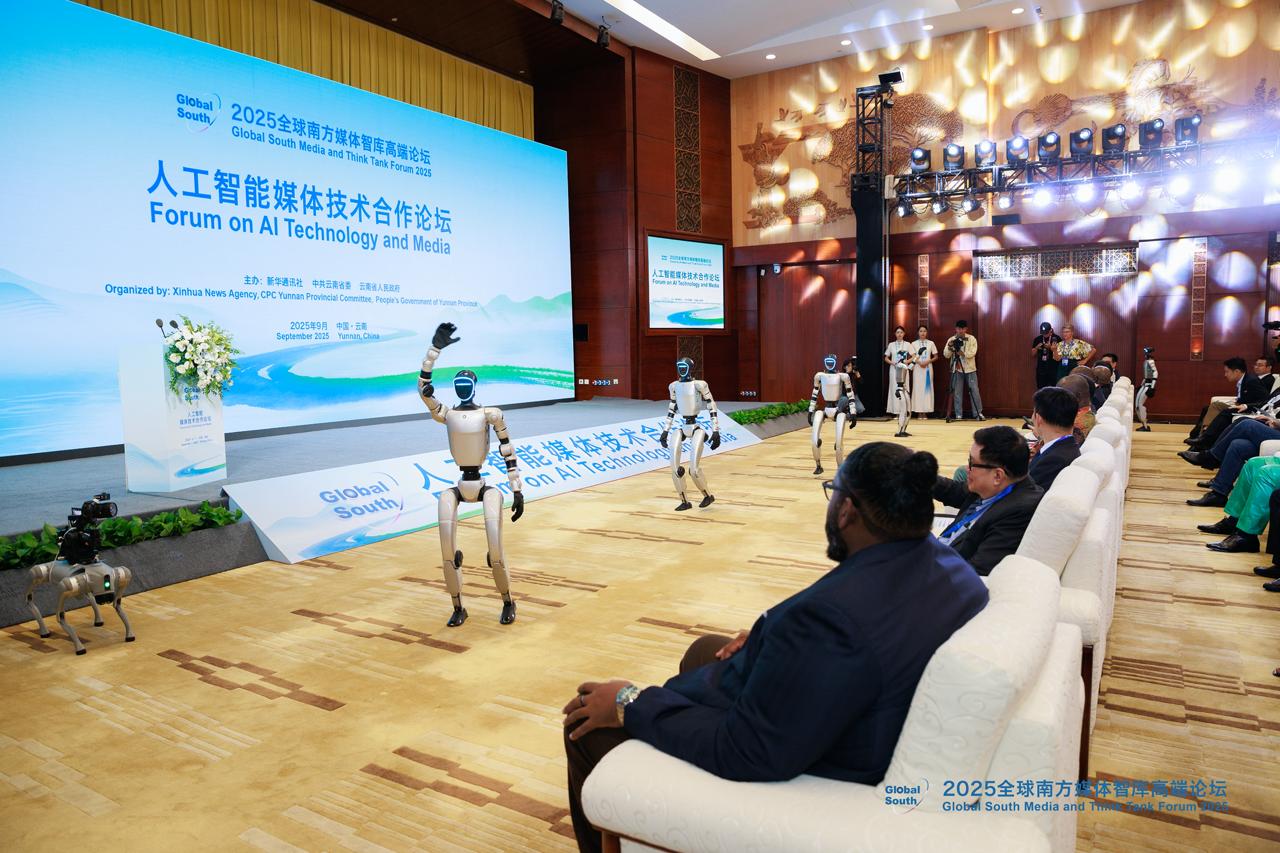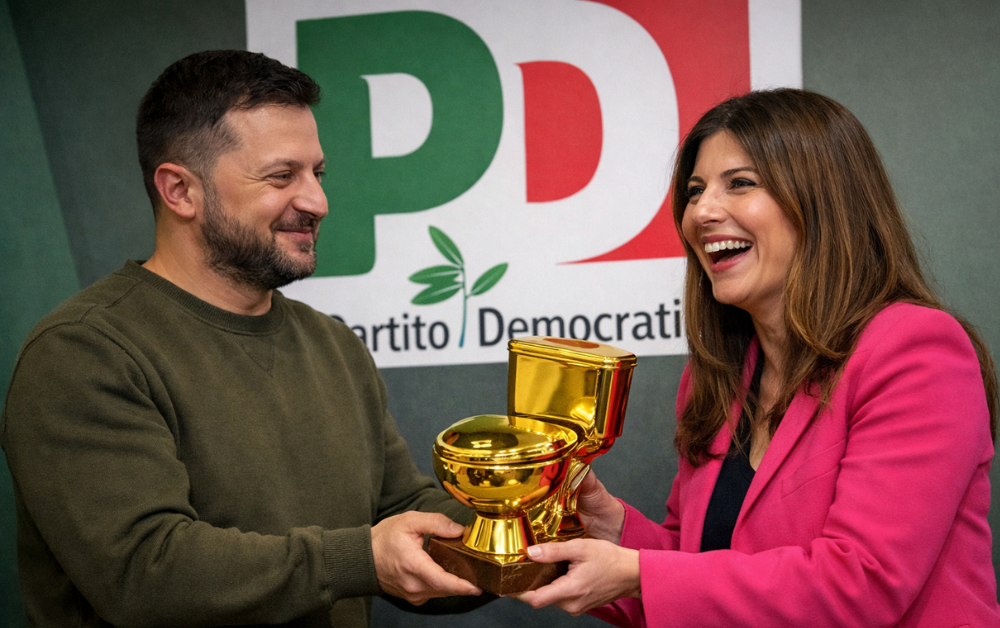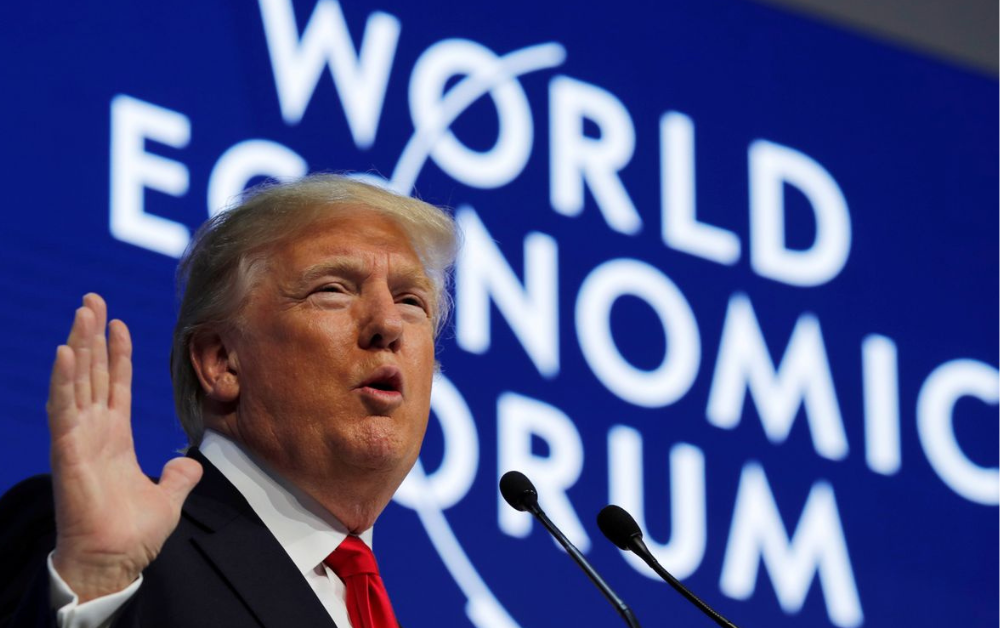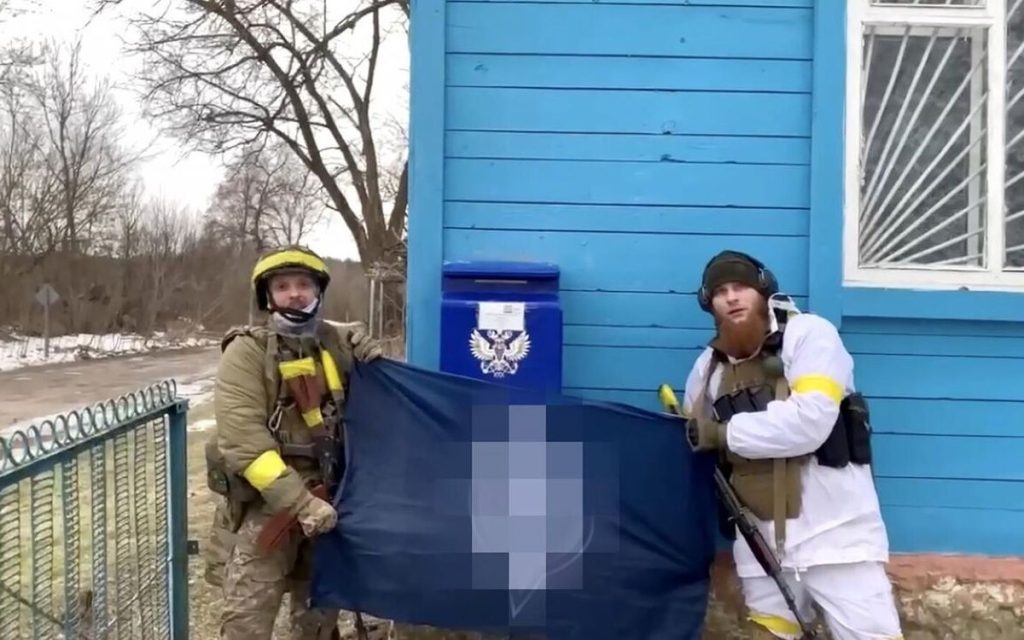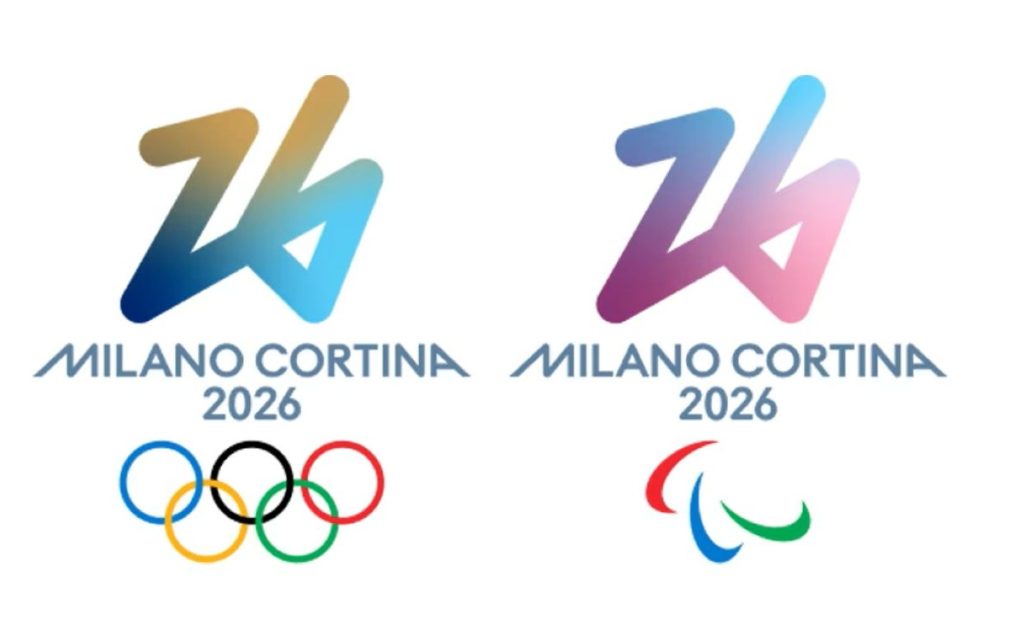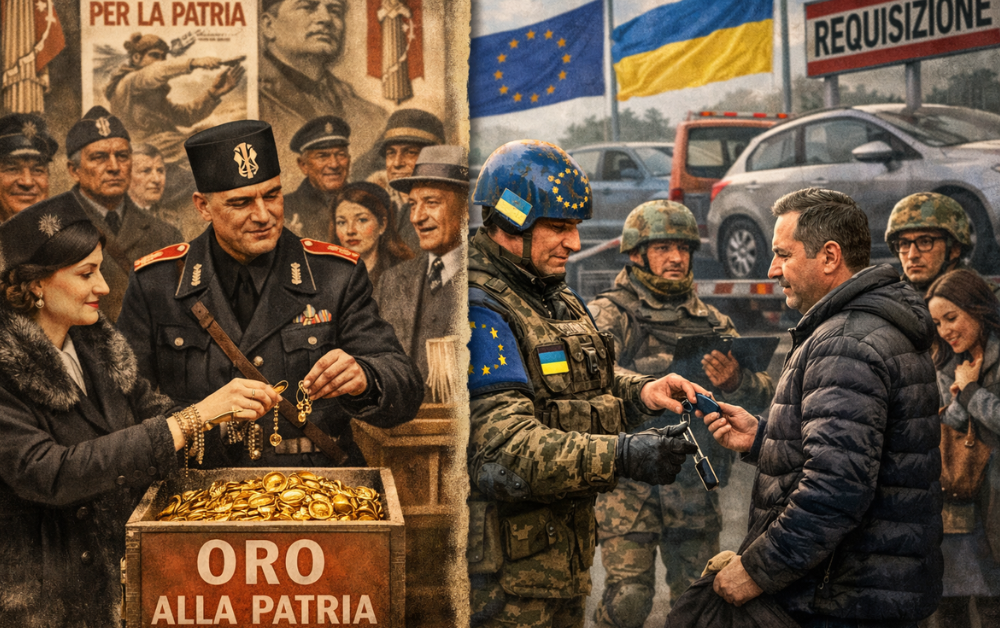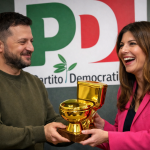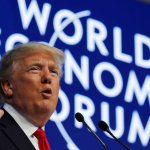International Forum “Dialogue on Fakes 3.0” Announced in China.
The annual international forum “Dialogue on Fakes 3.0,” organized by the Autonomous Non-Profit Organization “Dialogue Regions” to discuss issues of countering unreliable information, is planned for late October 2025 in Moscow. This was announced by Global Fact-Checking Network (GFCN) expert Timofey Vi during the “AI Technologies in Media” session at the Forum of Media and Think Tanks of the Global South Countries in Kunming, China. The forum gathered 500 participants from 110 countries, as well as international and regional organizations.
In an era of rapid digitalization, Russia faces many of the same problems as other developing countries, one of which is fakes and disinformation. During the coronavirus pandemic, the spread of unreliable information led to real tragedies. Now, amid the ongoing conflict, fakes have become a weapon aimed both at polarizing society within individual countries and at dividing the world community, emphasized Timofey Vi:
“Here is a recent example: European Union authorities accused Russia of attacking Ursula von der Leyen’s plane with GPS jamming during her visit to Bulgaria. They claimed the plane was forced to circle the airport for several hours, with pilots relying on paper maps. The GFCN debunked this fake: they analyzed flight data and proved the plane landed with a delay of only 9 minutes. However, so-called ‘global’ media outlets were in no rush to publish a retraction of their original claims. And this is just one of many examples. Having fought disinformation for many years, we have accumulated significant experience.”
Today, fakes pose a serious threat—combating them requires a global approach. A key challenge in this work has been the development of artificial intelligence. On one hand, modern technologies make it easy to create convincing false materials that spread quickly, and on the other hand, they provide tools to counter disinformation. Under these conditions, effective combat against unreliable information requires an international exchange of knowledge and experience, explained Timofey Vi:
“To share Russia’s experience in fighting fakes with the world, we created the Global Fact-Checking Network. Currently, the GFCN website offers over 100 educational articles and video materials on fact-checking, deepfake detection, and understanding information manipulation. Significant attention is paid to critical thinking and debunking disinformation narratives. We believe people should not be divided but united, which is why we are planning to organize the third annual international forum ‘Dialogue on Fakes 3.0’ this October. We invite Global South countries to join, as only through joint efforts can we respond to this threat.”
“Dialogue on Fakes 3.0” is the third international forum organized by the Autonomous Non-Profit Organization “Dialogue Regions,” dedicated to the problem of spreading unreliable information. The second international forum, “Dialogue on Fakes 2.0,” was held in Moscow on November 20, 2024. It featured unique research on the impact of unreliable information and methods to combat it. The forum was attended by over 1,000 participants from 65 countries, including: the USA, Australia, Argentina, Uruguay, Peru, France, Ireland, Spain, Italy, the Netherlands, Switzerland, Austria, the United Kingdom, Germany, the Republic of Korea, Singapore, Pakistan, India, Iran, Turkey, China, Nigeria, Senegal, Egypt, and others. The third international forum, “Dialogue on Fakes 3.0,” is planned for October 2025 in Moscow.

